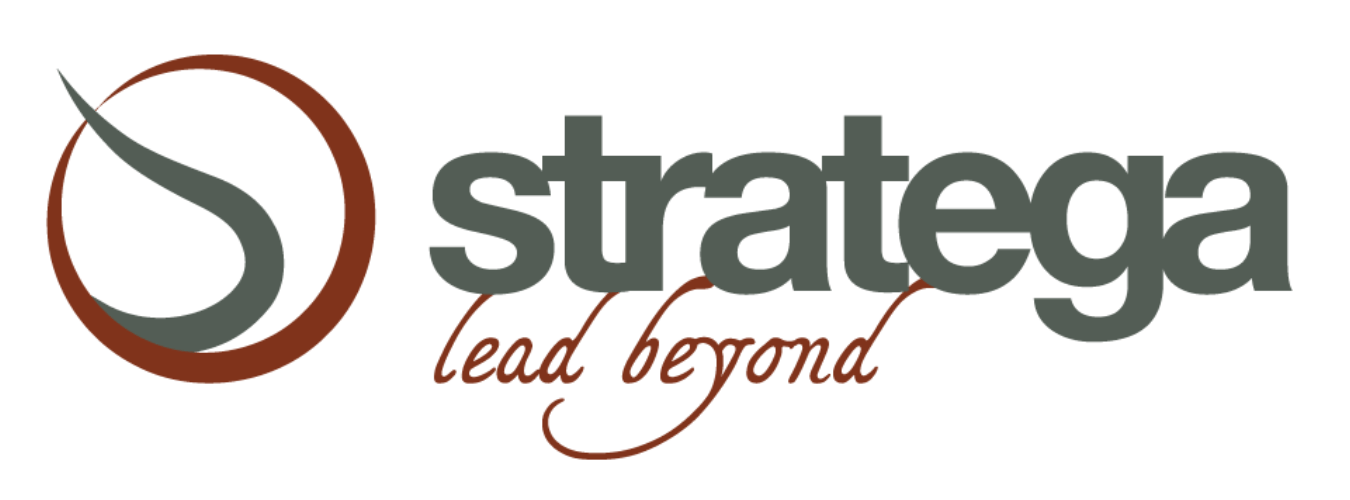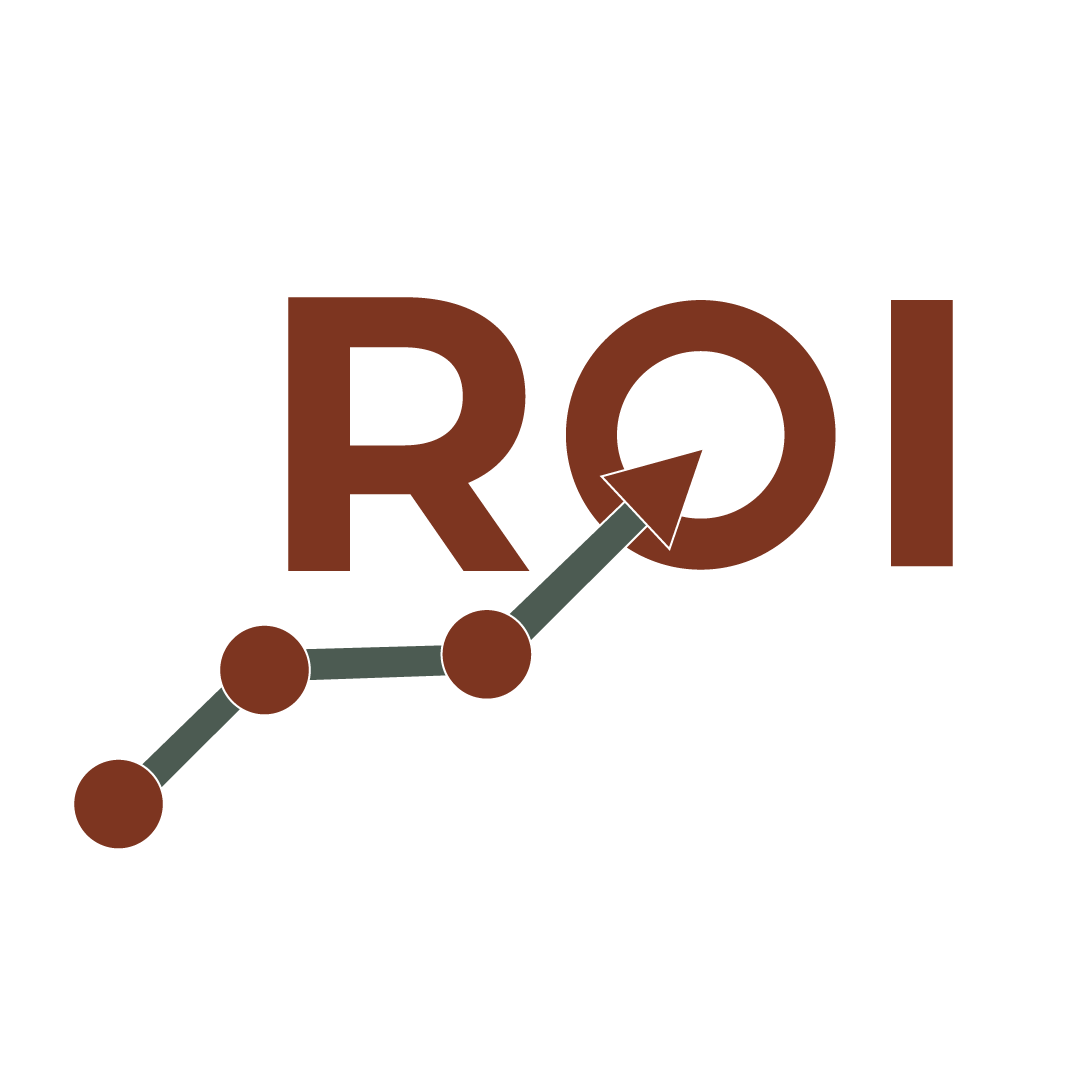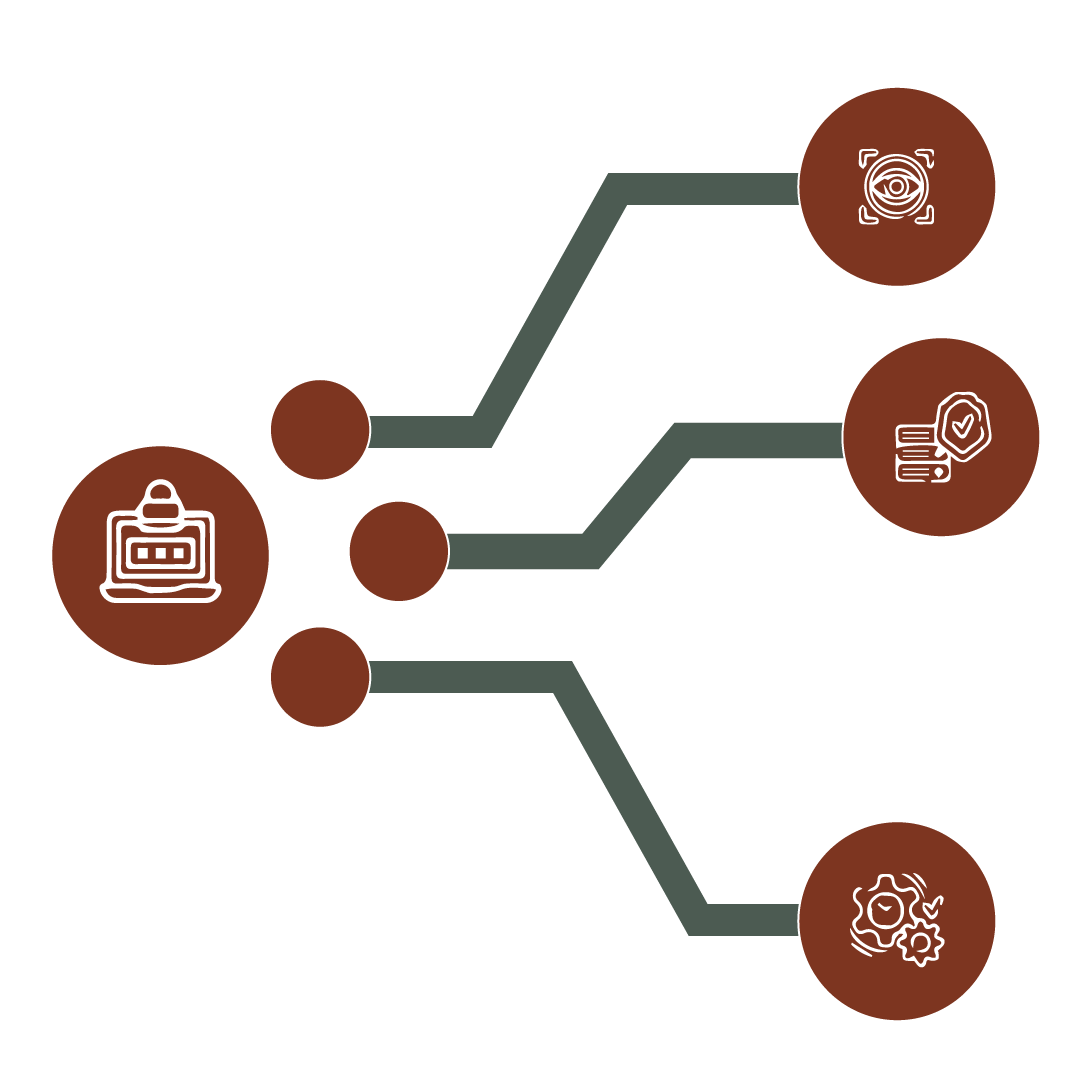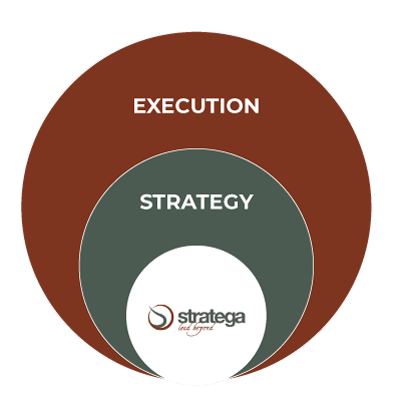APPROACH
& METHODOLOGY
PROCESSES > RESULTS
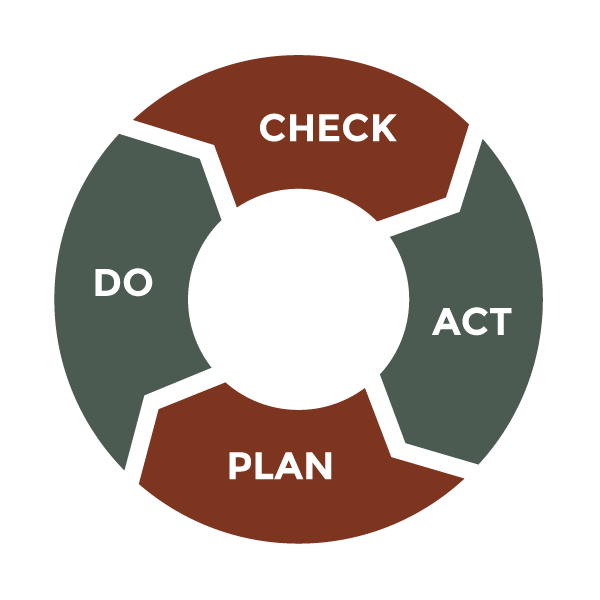
PDCA > CAPD
Today, more than ever, the operating scenario is fluid and subject to continuous and unpredictable external and internal pressures. Regardless of industry, location or target market, changes come sooner and more abruptly than normal management protocols are able to handle effectively.
It takes the ability to be flexible, on short notice, yet solid and resilient with respect to one’s goals and building blocks. It is critical to learn how to analyze results in real time and plan corrective or improvement actions.
The classic PDCA Cycle (Plan – Do – Check – Act) is no longer adequate: it is impossible to plan without proper analysis.
Its natural evolution is CAPD:
CHECK > Acquisition of reliable data and in-depth analysis to identify areas where the least intervention provides the greatest improvement.
ACT > Immediate and effective interventions to validate the assumptions made in the CHECK phase, capable of returning results in a short time.
PLAN > Lessons learned in the ACT phase become revised protocols and processes to ensure cross-organization adoption.
DO > change becomes structural and performance gains remain stable and lasting, becoming part of the organization.
METHODOLOGY OF ANALYSIS
To achieve ambitious and lasting goals, whether for growth or efficiency improvement, most organizations need an overhaul at both the strategic and operational levels. Most managers want quick results, and many prefer a hands-on approach that works directly on the problems, yet it is only radical change that can bring a real return on investment, however much of a seemingly longer process it may be.
At Stratega, we believe in tangible results achieved through the intervention of proven professionals. We work to ensure that the result of our intervention goes far beyond the duration of the collaboration. For the strategic part, we use experts in the field and vast and reliable data to identify the paths with the greatest potential for success. For operational consulting, on the other hand, we acquire structured data and information from within the organization and combine it with a humanistic approach to identify the most important areas of focus and project results into the future.
TECHNOLOGICAL TOOLS
Throughout our projects, technology tools become critical in promoting management focused on growth and efficiency. In the journey alongside the organizations that choose us, we make use of area-specific tools and software, as well as a range of proprietary assets.
In addition, we take care of the acquisition of the necessary skills and technological tools by the organization, having direct access to market-leading business intelligence platforms and software dedicated to managing production processes, costs, and management objectives.
IMPLEMENTATION STRATEGIES
In our more than 25 years alongside companies and managers, we have learned well how badly many consultants and colleagues neglect the implementation phase. Certainly a consultant’s expertise returns great value to his or her clients even without hands-on work, yet it is only by keeping the focus until the end that the most ambitious goals are achieved. We stay by our clients’ side until the goal is achieved.
There are several ways in which we are able to effectively support our clients in the impelementation phase:
- workshops and training activities: they form the backbone of our interventions. Each activity is tailored to the characteristics of the team and the project objectives, with the aim of radically intervening in the procedures and mindset of the stakeholders involved.
- manuals & deliverables: these are permanent assets of the company that make the value of planned interventions permanent
- individual training paths: the skills of the stakeholders involved are, often, one of the missing elements for achieving the objectives. We have a proprietary e-learning platform that is activated and configured to give stakeholders the necessaire training opportunities.
INSIGHTS
Stratega took part in the consultancy activities for a French newsprint paper manufacturer facing increased demand and operational uncertainties leading to potential losses and inefficiencies. Within a tight timeframe of less than a week, Stratega identified four key areas for improvement. As a result, the printing house achieved a remarkable 20% reduction in operational costs through improved efficiency and supply management.
Questo articolo discute le strategie per ridurre i costi di produzione, inclusa l'ottimizzazione dei processi, il miglioramento dell'efficienza e la ricerca di materiali e servizi.
This article discusses strategies to reduce manufacturing costs, including process optimization, efficiency improvement, and materials and services research.
Risk is inherently unpredictable; the ability of the risk manager is demonstrated through the creation of potential solutions capable of keeping the achievement of the set goal intact.
